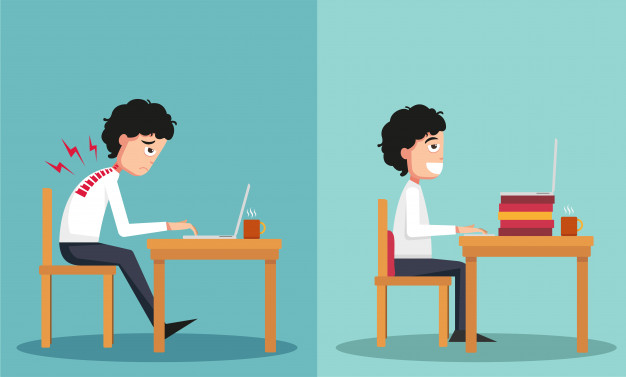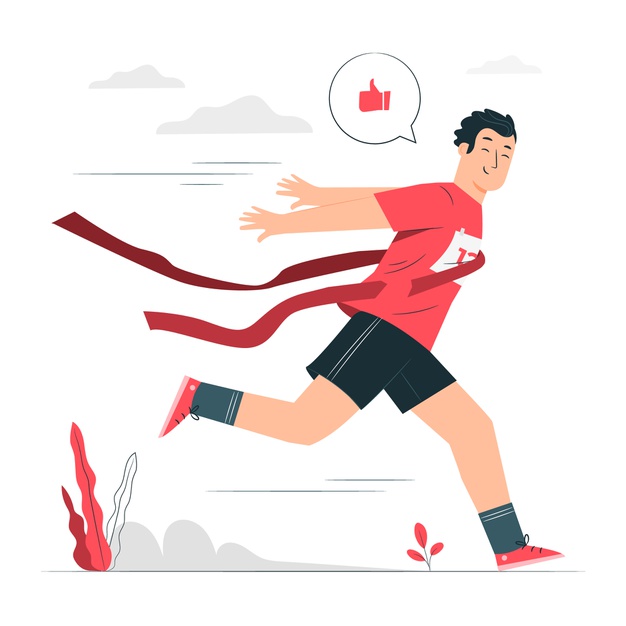
Know yourself well
Knowing your strengths and weaknesses, your qualities and your faults will allow you to make the most of them and understand yourself better. It is the first step towards gaining self-confidence. This will allow you to highlight your strengths in everyday situations: at the office, with friends or family. By identifying your weaknesses, you can work on to improve them. Taking cognizance of your personality and your achievements will help you feel unique and confident. In addition, knowing yourself well will also allow those around you to get to know you and appreciate you better.
Accept compliments

At work, at home, with friends, you accomplish daily a multitude of tasks which can deserve the compliments of those around you. Learn how to receive and appreciate these positive comments. You can perceive these as encouragements on which you can rely to recognize your main strengths. This will allow you to take advantage of it and boost your self-esteem.
Take care of your posture

Self-confidence shows through in our posture and in our gaze. Hold your back straight, your shoulders raised, your head high and walk with a confident step. Smile more, people will be attracted to you. People with high self-confidence adopt these kinds of non-verbal behaviors. Take inspiration from them. To be more comfortable, you can observe yourself in a mirror to see the difference between your different postures and facial expressions. Check out this great article on improving posture.
Affirm yourself!

Self-confidence depends on a person’s perception of themselves, but also on what they believe others think of them. It is essential to assert yourself with others regarding your choices, values and opinions. Do not accept non-constructive criticism, pettiness and offensive language. If a person hurts you, either by their words or their behavior, you should politely let them know. Self-esteem goes without a doubt through assertiveness.
Go for it!

To gain more self-confidence, step out of your comfort zone. This zone can be defined as being any place or time when you feel completely comfortable, where you are in possession of all your means. Anything outside of this area is new and may seem scary. Taking on new challenges, getting to know new people, doing a different activity are all examples of how you can get out of your comfort zone. Adapting to a previously unknown environment may allow you to develop other skills and learn more about yourself. The greater the steps taken, the greater the pride felt.

